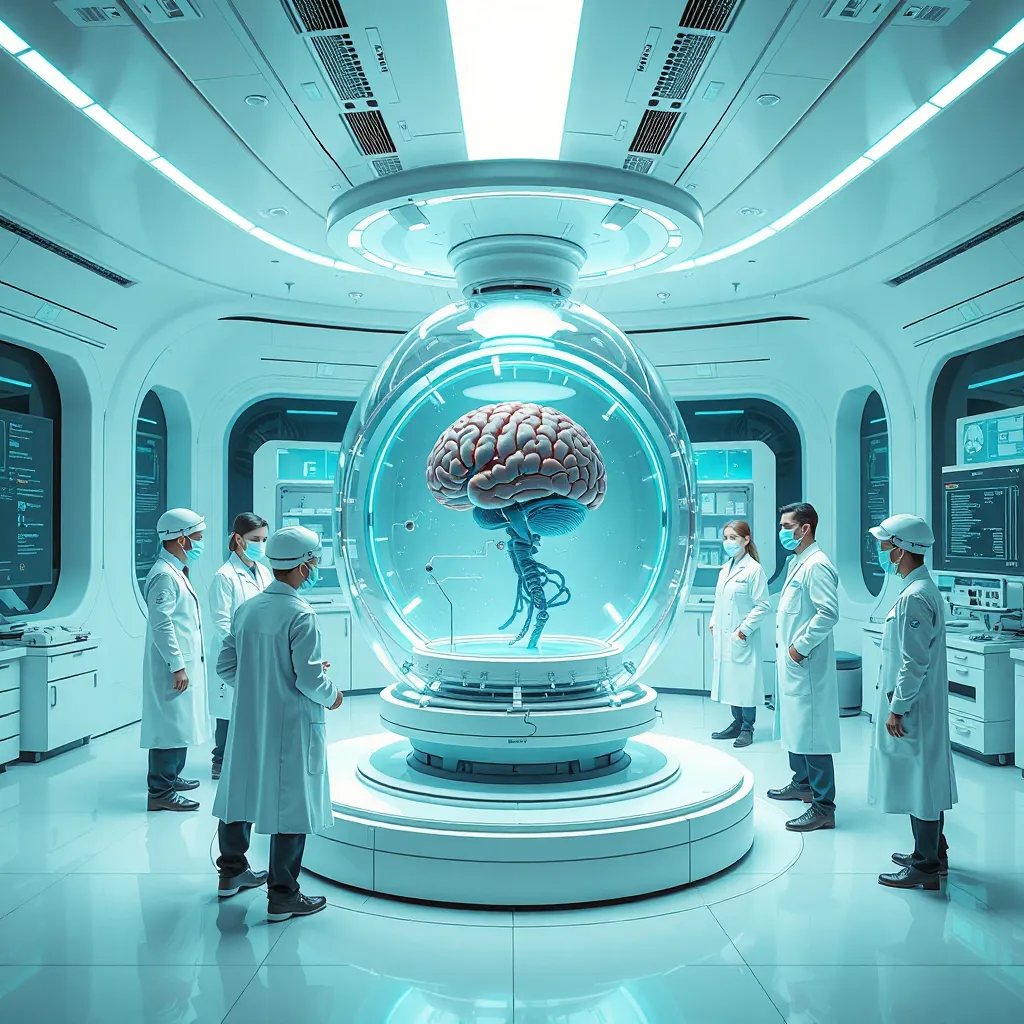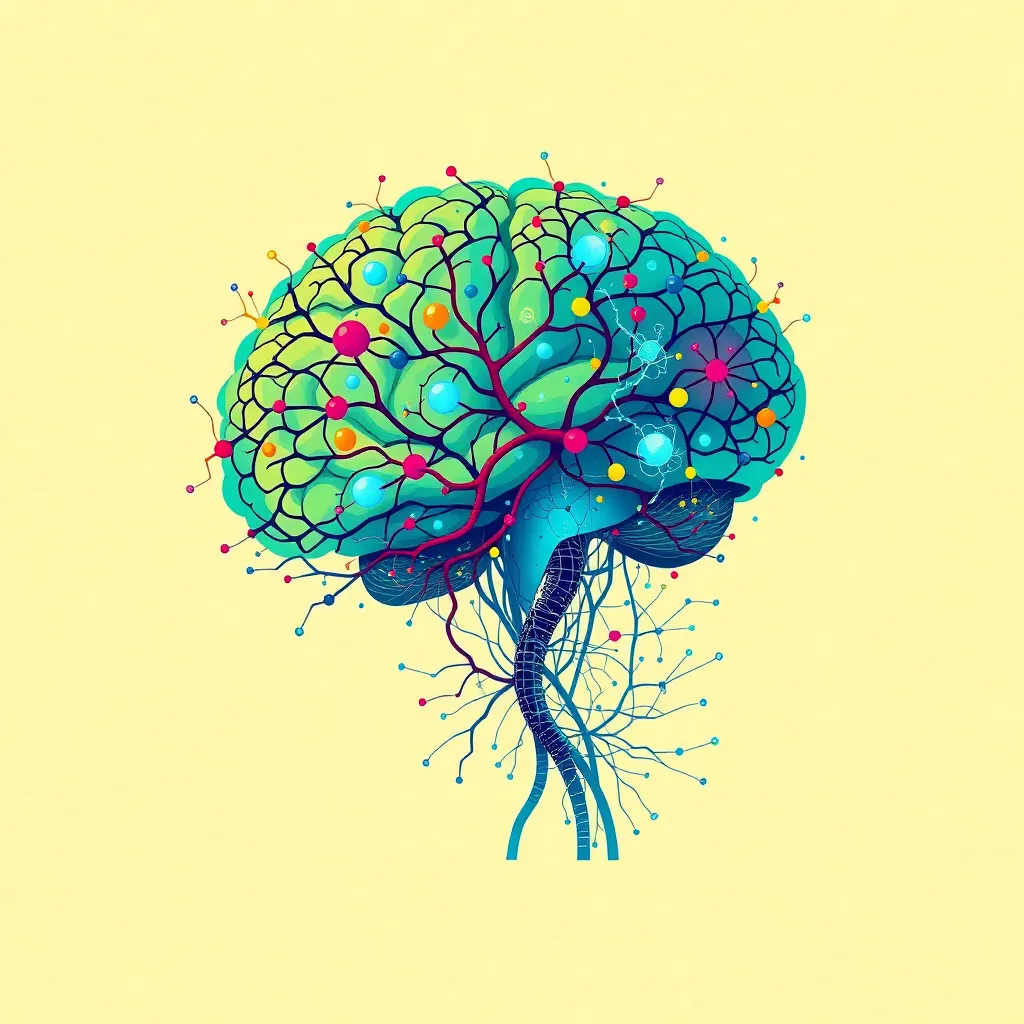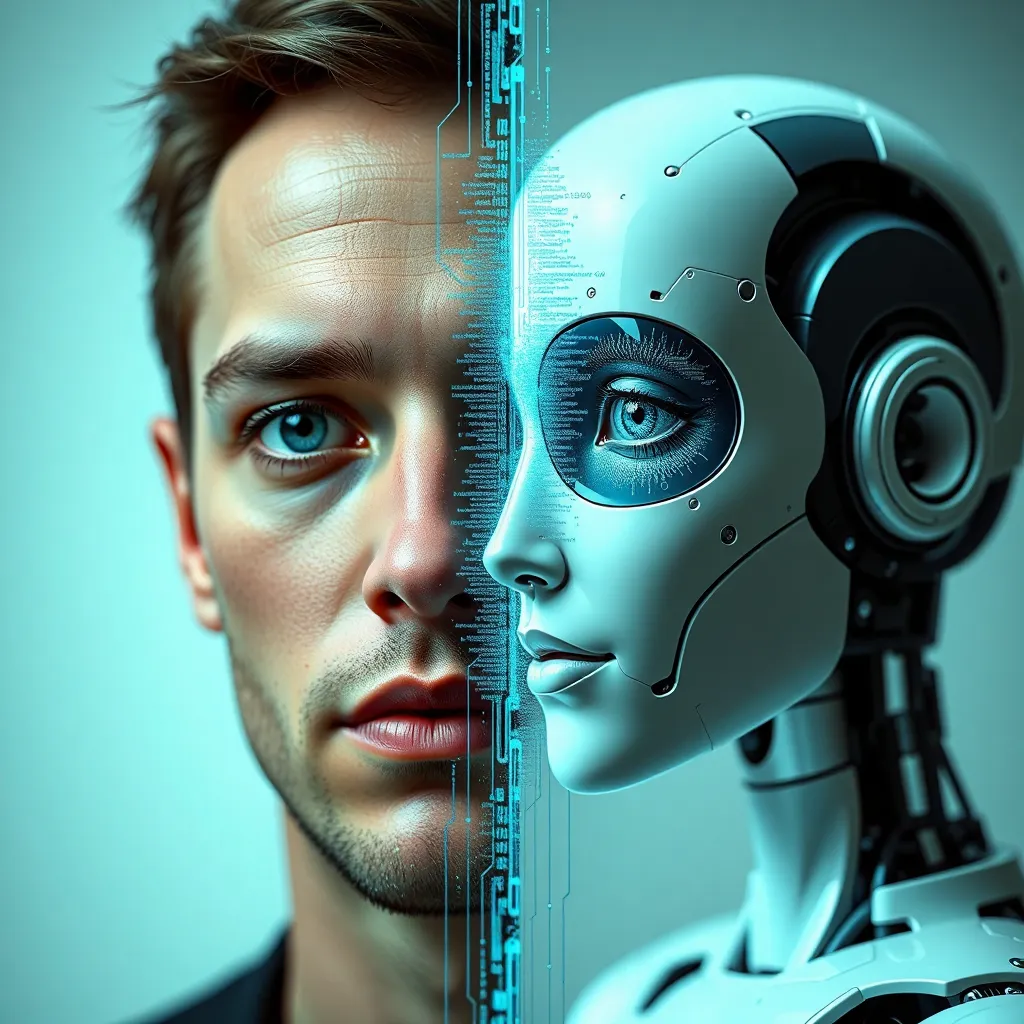The Dawn of Digital Souls: Preserving Consciousness in Electronic Form?
The prospect of preserving human consciousness, not merely as memory but as a fully functioning, transferable entity, has captivated humanity for centuries. From ancient myths of reincarnation to modern science fiction depicting mind uploading, the idea of escaping the limitations of our mortal bodies resonates deeply. While the concept of transferring a “soul” remains largely within the realm of philosophy and speculation, recent advancements in neuroscience and artificial intelligence are pushing the boundaries of what was once considered impossible. This article explores the scientific landscape, the ethical dilemmas, and the potential future implications of preserving human consciousness in electronic form and transplanting it into humanoids.
The search results provided offer a glimpse into the ongoing discussions and research surrounding related concepts. While no definitive evidence currently exists to support the claim that scientists have discovered a technology to preserve the human soul as electronic data and transplant it into humanoids, the exploration of consciousness uploading and whole brain emulation is actively underway.

The Wikipedia entry on “mind uploading” highlights the core concept: creating a complete emulation of a brain’s state, essentially a digital copy of the mind. This process, while still theoretical, involves advanced brain scanning techniques to map the intricate neural connections and activity patterns, which are then translated into a computer model. This model would ideally replicate the individual’s consciousness, memories, personality, and even their subjective experience.
However, the technical hurdles are immense. The human brain, with its estimated 100 billion neurons and trillions of synapses, is arguably the most complex structure known to science. Accurately mapping and replicating this level of complexity requires breakthroughs in several fields, including neuroscience, computer science, and nanotechnology. Furthermore, the very definition of consciousness remains a hotly debated topic among philosophers and scientists. Without a clear understanding of what constitutes consciousness, replicating it digitally becomes even more challenging.

The Reddit and Quora discussions reveal the public’s fascination with the possibilities and anxieties surrounding mind uploading. The idea of digital immortality, the ability to exist as a digital copy after biological death, is a compelling motivator. However, concerns about the ethical implications of creating digital duplicates, the potential for abuse, and the very nature of personal identity in a digital realm are also prevalent.
The scientific literature cited, while not directly addressing soul preservation, does touch upon related areas. Research in neuroscience focuses on understanding the neural correlates of consciousness, while artificial intelligence research explores the creation of increasingly sophisticated artificial minds. The possibility of merging these fields to achieve whole brain emulation is a long-term goal, but one that faces significant challenges.

The ethical considerations are profound. If successful, mind uploading would raise questions about personal identity, legal rights, and the very definition of life. Would a digital copy be considered the same person as the original? Would it possess the same rights and responsibilities? Would it be subject to the same laws? These are complex questions that require careful ethical and legal consideration before any such technology could be safely deployed.
The potential for misuse is also a major concern. The ability to create digital copies of individuals could be exploited for nefarious purposes, such as creating digital slaves or replicating individuals without their consent. Safeguards and regulations would be essential to prevent such abuse.

Beyond the ethical dilemmas, the very concept of “soul” remains a significant hurdle. While neuroscience focuses on the physical processes of the brain, the concept of a soul often transcends the physical realm, encompassing aspects of spirituality, consciousness, and identity that are not easily quantifiable or replicated. Therefore, the claim of preserving a “soul” as electronic data remains highly speculative.
The current state of research suggests that while whole brain emulation and mind uploading are intriguing possibilities, they are far from being realized. The technological challenges are enormous, and the ethical implications require careful consideration. While the vision of digital immortality and consciousness transfer into humanoids might seem like science fiction, the ongoing scientific exploration of consciousness and artificial intelligence continues to push the boundaries of what’s possible, bringing us closer to a future where such ideas may no longer be purely speculative.
FAQ
Q: Is it currently possible to preserve the human soul as electronic data?
A: No, there is currently no scientific evidence or technology to support the claim of preserving the human soul, which is a concept largely within the realm of philosophy and religion, as electronic data. Research in whole brain emulation is exploring the possibility of replicating the brain’s function, but not the soul.
Q: What is whole brain emulation?
A: Whole brain emulation is a theoretical process of creating a detailed computer model of a brain, aiming to replicate its structure, function, and ultimately, its consciousness. This is a highly complex and ambitious undertaking, currently in its early stages of research.
Q: What are the ethical implications of mind uploading?
A: Mind uploading raises significant ethical questions concerning personal identity, legal rights, the potential for misuse (e.g., creating digital slaves), and the definition of life and death. These issues require careful consideration before any such technology is developed.
Q: How far are we from achieving mind uploading?
A: Mind uploading remains a distant prospect. Significant advancements are needed in neuroscience, computer science, and nanotechnology before it could become a reality. The complexity of the human brain and the lack of a complete understanding of consciousness present formidable challenges.
Q: What is the difference between mind uploading and creating artificial consciousness?
A: Mind uploading aims to create a digital copy of an existing human mind, while creating artificial consciousness aims to build a new, artificial mind from scratch, without copying an existing one. Both are ambitious goals with significant technological hurdles.
Q: Could a digital copy of a human mind be considered the same person as the original?
A: This is a philosophical question with no easy answer. The debate about personal identity in the context of mind uploading is ongoing. Some argue that a perfect digital copy would be the same person, while others believe it would be a distinct entity.






